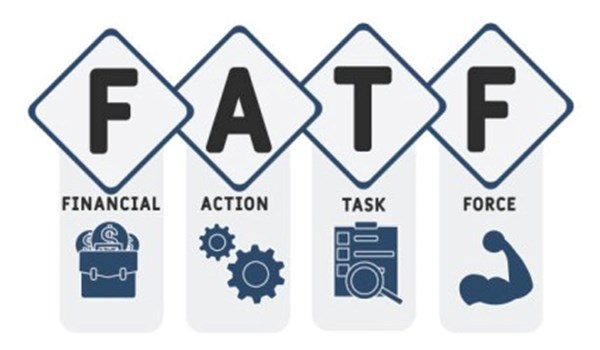The European Court of Auditors has found that simplified customs rules for VAT collection are highly vulnerable to abuse.
Controls by Member States have serious shortcomings and there is insufficient cross-border cooperation, the Court found after an audit in various countries including Belgium.
When products are imported into the European Union, Value Added Tax must be paid based on the customs declaration. There are several simplified procedures, especially when a product is sold in a different Member State from the one where it was imported, and for purchases from foreign online shops.
Goods undervalued by importers
According to the European Court of Auditors, the simplified procedures are particularly susceptible to abuse. “The goods imported under these procedures have significant value, and the risk of fraudulent practices is high,” said François-Roger Cazala, the member responsible for the audit that took place in Belgium, France, Italy, Ireland, and Slovenia.
Auditors noted “serious shortcomings” in the controls. Significant losses in VAT collection were identified in the sample of imports they reviewed. There was no guarantee that imported products were being sent to another Member State, which is a requirement for VAT exemption at import.
Auditors also encountered instances where products, and consequently the VAT due, were undervalued by importers. This was notably the case for smartphones, textiles, shoes, and jewelry. “In Belgium, for instance, we found a case where smartphones had a declared value of €0.01,” the report stated.
National penalties for fraudsters vary greatly
The Court highlighted that national penalties for fraudsters vary widely. In Italy and Slovenia, administrative sanctions are ten times higher than in Belgium or France. Fraudsters can take advantage of this lack of harmonisation.
Additionally, cooperation between Member States and at the European level is lacking, particularly in data sharing between tax and customs services.
In 2022, Member States lost an estimated €89 billion in VAT due to fraud. A substantial portion of this loss is attributed to imports.
Fraud affects not only the Member States but also the European budget. A portion of VAT revenue is allocated as European own resources. In 2023, this amounted to approximately €22.5 billion, or 9% of all income.
“There must be a balance between facilitating trade and protecting the financial interests of Member States and the EU,” Cazala noted.



